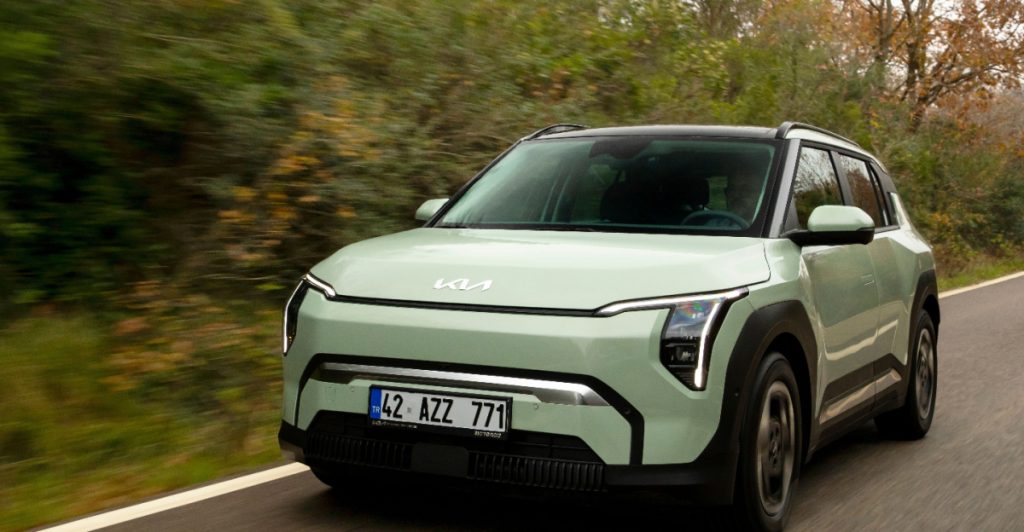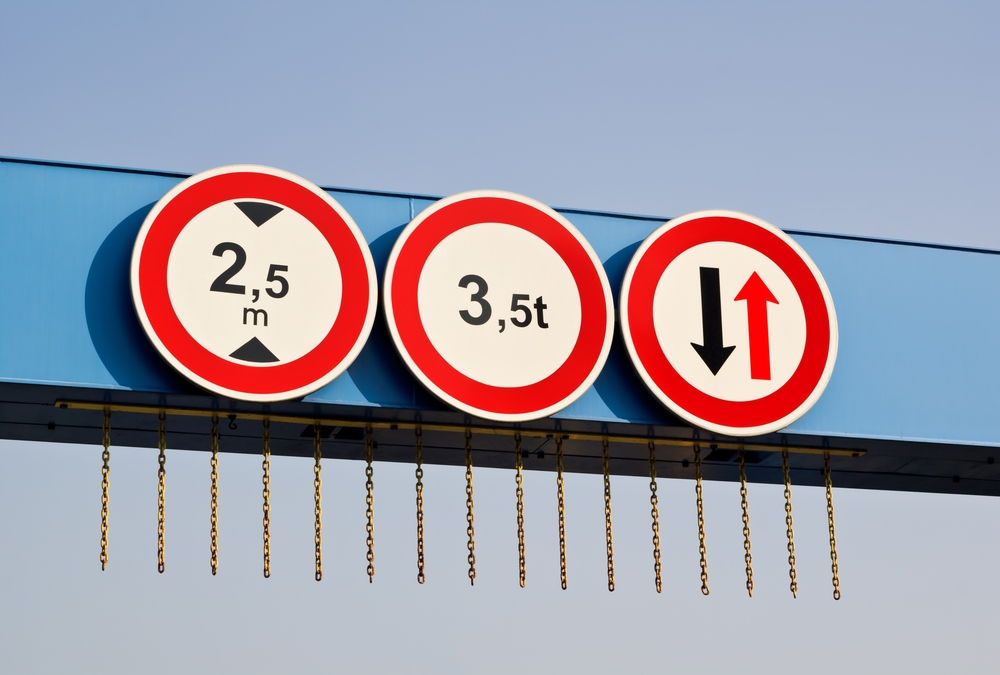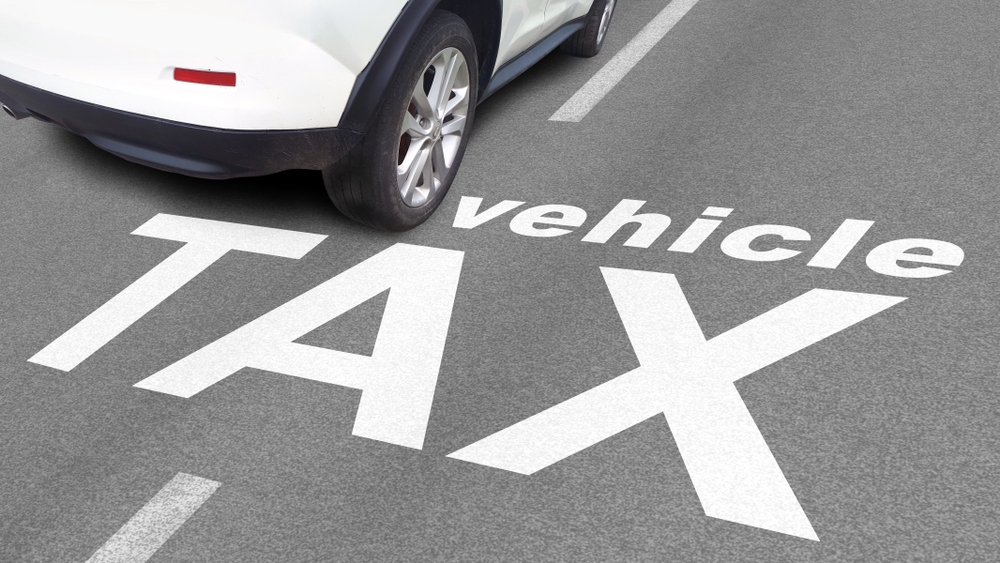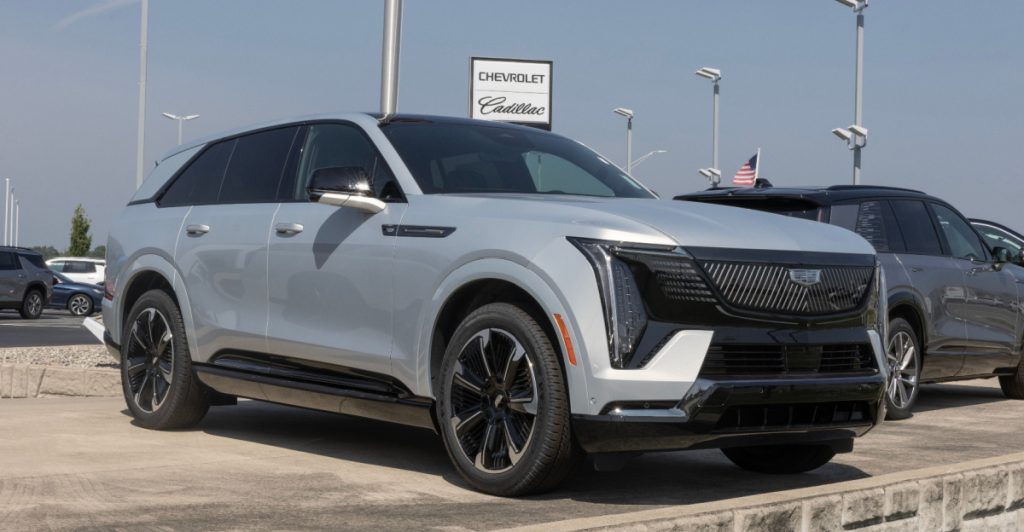Petrol, diesel, and electric vehicle owners may soon face a new kind of road tax—based on how much their car weighs. A proposal from a major think tank suggests heavier vehicles should pay more, regardless of emissions.
Others are reading now
Petrol, diesel, and electric vehicle owners may soon face a new kind of road tax—based on how much their car weighs. A proposal from a major think tank suggests heavier vehicles should pay more, regardless of emissions.
From Emissions to Weight

The current system, Vehicle Excise Duty (VED), is mostly based on tailpipe emissions. But as more drivers go electric, the Treasury is looking for new ways to maintain revenue.
Why a New System Is Needed

Electric cars don’t emit CO₂ while driving, which means they often avoid road tax altogether. As EV sales rise, that’s billions in lost revenue for the UK government.
Proposed: Pay-Per-Mile by Weight

The Resolution Foundation suggests a pay-per-mile tax that increases with a car’s weight. The goal: link road charges to actual road impact, not just emissions.
EVs May Face Up to 9p per Mile

Under the proposal, an average EV weighing 1,800kg would pay 6p per mile. Lightweight EVs (1,000kg) could pay 3p, while the heaviest (2,800kg+) may be charged up to 9p.
Also read
Petrol and Diesel Cars Included

The weight-based system wouldn’t just apply to EVs. Traditional combustion vehicles could see their flat £195 VED replaced with weight-tiered rates.
Why Weight Matters

Heavier cars cause more road wear, create more tyre and brake pollution, and are linked to higher pedestrian risks. Weight also affects energy use and visibility.
Global Precedents Exist

Countries like the Netherlands, Estonia, and New South Wales already use weight-based road taxes, giving the UK tested models to consider.
Not Just Revenue—Also Equity

Supporters argue that a weight-based system is fairer. It discourages oversized vehicles and ties road costs to actual environmental and infrastructure impact.
Treasury’s Position

The government says it’s balancing tax reform with EV incentives. It has already introduced VED for EVs and invested over £2 billion to support greener transport.
Also read
What It Means for Drivers

If adopted, the changes could significantly raise costs for drivers of heavy EVs, large SUVs, and luxury cars—potentially reshaping car-buying decisions.
A Major Shift in Road Policy

With emissions-based taxes phasing out, weight-based charges could become the new standard—impacting every driver, regardless of what powers their car.


